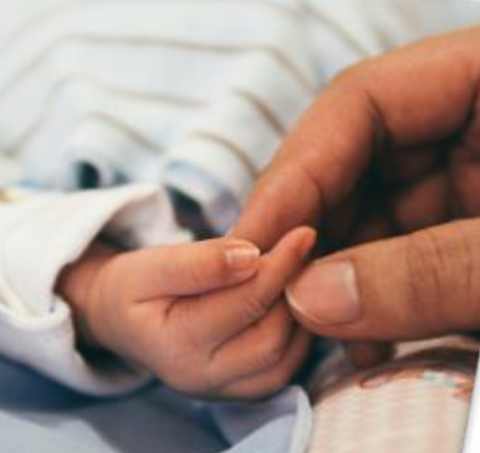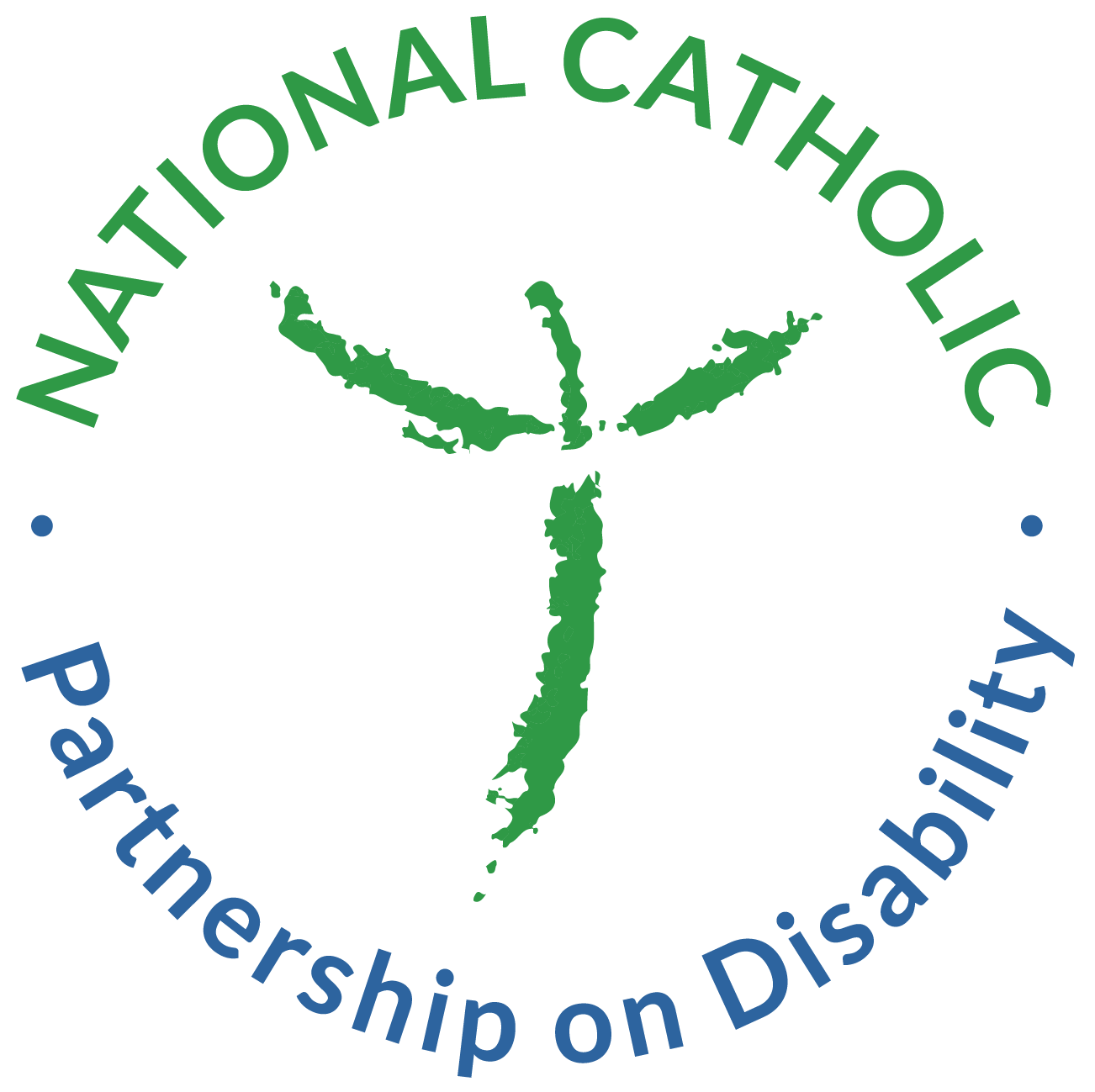
Bulletin Announcements and Prayers
Bulletin Insert:
September is Fetal Alcohol Spectrum Disorders (FASDs) Awareness Month. During this month, not only are we asked to raise awareness of FASDs but also to increase the acceptance and inclusion of all individuals with disabilities into every aspect of Church life. May we strive towards “solidarity and love” as expressed by Pope John Paul II in his homily during the Jubilee of the Disabled on December 3, 2000:
In Christ's name, the Church is committed to making herself more and more a "welcoming home" for you. We know that the disabled person - a unique and unrepeatable person in his equal and inviolable dignity - needs not only care, but first of all love which becomes recognition, respect and integration: from birth to adolescence, to adulthood and to the delicate moment, faced with trepidation by so many parents, of separation from their children, the moment of "after us". Dear friends, we would like to feel that we share in your efforts and in the inevitable moments of discouragement, in order to brighten them with the light of faith and the hope of solidarity and love.
(https://www.vatican.va/content/john-paul-ii/en/homilies/2000/documents/h...)
A Prayer That Can Accompany a Bulletin Insert:
A Prayer for Life
Father and maker of all,
you adorn all creation with
splendor and beauty, and fashion
human lives in your image and likeness.
Awaken in every heart reverence for the work of your hands,
and renew among your people a readiness to nurture and
sustain your precious gift of life.
Grant this through our Lord Jesus Christ, your Son,
who lives and reigns with you in the unity of the Holy Spirit,
God forever and ever.
R/. Amen
(https://www.usccb.org/prayer-and-worship/prayers-and-devotions/prayers/p...)
Prayers of the Faithful:
1. That all people with disabilities, their families, and their caregivers may know God’s love and care. Let us pray to the Lord: R/.
2. That our society and faith communities learn to recognize and meet others first and foremost as persons of equal dignity. Let us pray to the Lord: R/.
Fact Sheet Information
(https://www.cdc.gov/ncbddd/fasd/index.html - info in English and Spanish)
The CDC describes FASDs as a group of conditions that can include physical disabilities and challenges with behavior and learning. Often, a person with an FASD has a variety of health concerns affecting each person in different ways ranging from mild to severe. Individuals with FASDs may have central nervous system problems which impacts intellectual abilities, learning, memory, attention span, communication, vision, hearing, judgment, behavior, and poor impulse control. Some individuals with FASDs also have problems with the heart, kidneys, bones, growth difficulties, and minor facial features.
FASD diagnoses include Fetal Alcohol Syndrome (FAS), Alcohol-Related Neurodevelopment Disorder (ARND), Alcohol-Related Birth Defects (ARBD), and Neurobehavioral Disorder Associated with Prenatal Alcohol Exposure (ND-PAE). FASDs are caused by a woman drinking alcohol during pregnancy. Alcohol in the mother’s blood passes to the baby through the umbilical cord. FASDs last a lifetime; there is no cure but early intervention treatment services can improve a child’s development.
When reflecting on the facts of FASDs, it is important to keep in mind Saint Pope John Paul II’s message of solidarity and love for individuals with disabilities and their families. For more information on promoting the meaningful participation of persons with disabilities in the Church and society, consider checking out the resources at the National Catholic Partnership on Disability website found at ncpd.org.

